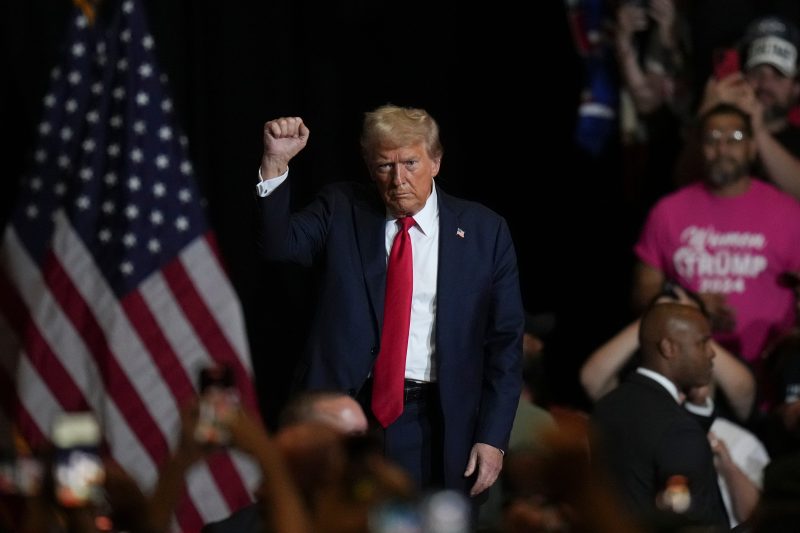In a move that has captured nationwide attention, the Republican party has strategically pivoted towards an anti-transgender message in the closing weeks leading up to the upcoming elections. This shift in focus comes at a time when issues related to gender identity and LGBTQ rights have been at the forefront of political discussions, prompting both support and controversy within society.
The embrace of the anti-transgender message by prominent Republican figures signifies a concerted effort to mobilize the conservative base and appeal to voters on a platform of traditional values and beliefs. By highlighting issues such as gender identity and transgender rights, Republicans aim to draw a stark contrast with their Democratic counterparts and position themselves as guardians of moral and cultural norms.
Critics argue that this strategy is not just politically expedient but also harmful, perpetuating discrimination and stoking fear and division within communities. The targeting of transgender individuals and the transgender community as a whole risks marginalizing a vulnerable population and undermining the progress made in advancing equality and inclusivity.
At the heart of the debate lies the question of how society views and treats individuals whose gender identity does not conform to traditional norms. The pushback against transgender rights and visibility reflects deeper societal tensions around identity, acceptance, and diversity. As the political discourse intensifies, it is crucial for all parties to engage in thoughtful and respectful dialogue that promotes understanding and empathy.
The focus on an anti-transgender message in the run-up to the elections underscores the power of identity politics and the influence of social issues on political campaigns. By tapping into emotions and values that resonate with their supporters, Republicans are aiming to rally their base and secure electoral victories. However, the consequences of leveraging divisive rhetoric and targeting marginalized communities can have far-reaching implications for societal cohesion and progress.
As the election approaches, it is essential for voters to critically examine the messages being put forth by political candidates and parties. By holding leaders accountable for their words and actions, individuals can shape the future trajectory of policies and discourse related to gender identity, LGBTQ rights, and inclusivity. Ultimately, the choice between embracing diversity and equality or fostering division and discrimination lies in the hands of the electorate.

